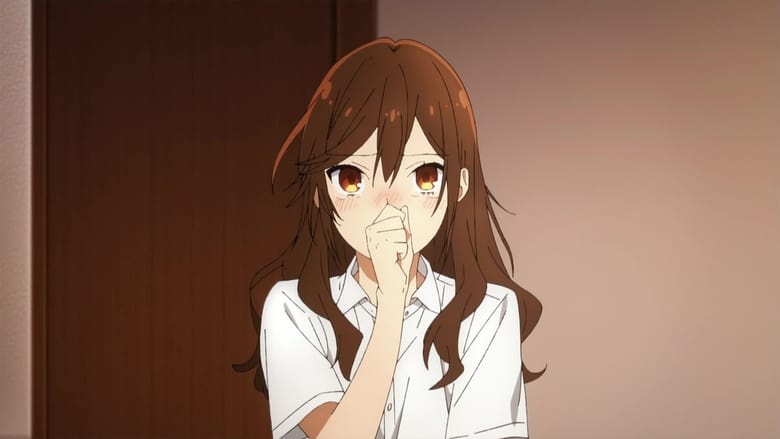
The Internet, and American culture in particular, doesn’t believe people can change their minds. Perhaps it’s because of how public opinions and thoughts are now. Whenever you see a politician change their mind, American news media attack, calling ichi “flip flopper.” You’ll see this to a lesser amount with internet personalities, so-called influencers.
I’ve even been ridiculed for changing my mind.
As you age, as you gain experience (points), your view will change. It’s foolish to think you will keep the same opinion at 60 as you did at 16. This should sound trite to you. It’s common sense. Yet, we see smearing campaigns built on pointing out how this is flip-flopping.
Over time and study, I’ve changed my beliefs about Christianity. I like to think I’ve matured, although others see it as falling away from the church. Whenever you change your mind about something, especially core beliefs, you threaten others. They may not know it, but your change stirs a subconscious seed within them.
Many people attach their identity to a static idea, even if it is just being a Sword Art Online fan or being an otaku. In my case, I attached my identity to the idea of being a Christian. However, my concept of Christianity isn’t a static idea. At least, it isn’t anymore. It changes, it grows, as my understanding and experiences grow. Identity doesn’t have to be a hard label. Rather, identity changes as your understanding changes.
For example, I’m known as an ecchi and fan service hater in some circles. It’s true I don’t like them. At first, I didn’t like them because of my Christian perspective: they stimulate lust and therefore sin in many people. But over time, I’ve grown to dislike them more as a writer. Ecchi scenes and fan service kills narrative. They disrupt the story and objectify female characters. The objectification hurts the author’s efforts to build their personalities. To be blunt: ecchi and fan service make for poor story telling. There’s exceptions of course, such as Kill la Kill and Rascal Does Not Dream of Bunny Girl Senpei. If I held my old reasoning, I wouldn’t have been able to enjoy these stories and a few other stories where fan service plays an important role in the story.
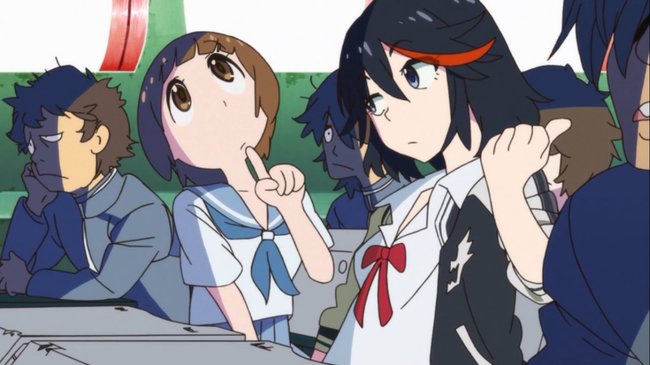
Of course, it helps that ecchi and fan service don’t tantalize me; they annoy me. But I can be labeled as a flip-flopping enjoying a few fan service anime.
Media and our limited attention spans foster a black-white view of ideas and of change. There’s little room for nuance. With this sort of thinking, changing your mind is akin to going to the enemy camp. You’re lukewarm–to use the derogatory Christian term. I’ve always disliked that term. If it wasn’t for so-called lukewarm Christians, the religion would’ve committed suicide in the first century. And I mean that literally. Surviving Roman letters account how governors didn’t want to kill Christians, but Christians insisted on suicide-by-cop. They would purposefully break the law in order to be martyred. Likewise, we too die on hills we don’t need to die upon.
Changing your mind can be a virtue. If reason and evidence says your view is wrong, changing it is the wise action.
People resist changing their minds because they fear change itself and because they fall into the sunk-cost fallacy. I see a great many people who hate and fear change. They refuse to adapt to new technology, read different books, watch different anime, consider different perspectives, and otherwise try thinking differently. While mostly older people do this, I see young people doing it too. This calcification might well be the hidden malady of our age. People don’t like to entertain new ideas, nor do they have to with personalized data. When all you see are websites and feeds that vindicate your perspective–served by an algorithm designed to maximize targeted advertising–black-white thinking pervades. In turn, this insulates your sense of identity, making change feel threatening to your sense of self.
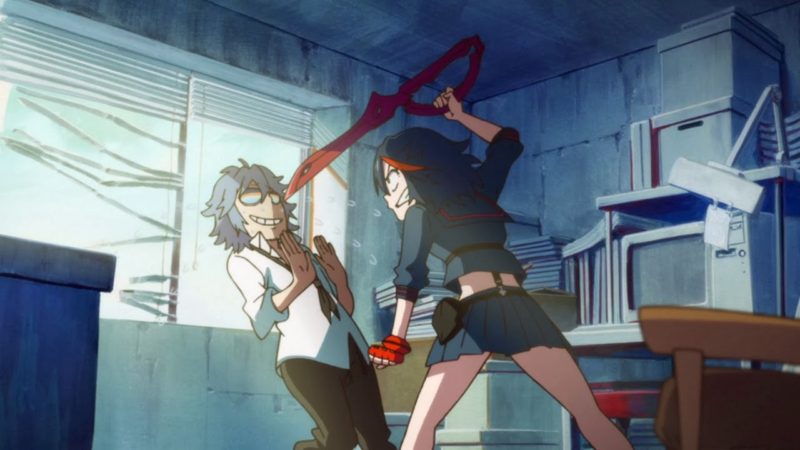
The resistance also comes from the sunk-cost fallacy–the idea that you can’t get away from something without incurring a loss. In business, this means you keep throwing money into a failing business in an effort to avoid your mounting losses. In anime debates, its continuing to troll or hold a view despite the evidence against that view. Essentially, it’s denial. The fallacy allows you to feel like you are avoiding the consequences. You’ve heard people say, “I’m in too deep to stop now!” That’s the fallacy at work. You can stop, you can change, at any time and cut your losses.
For some, this might mean saying goodbye to anime and the otaku community. When you don’t enjoy the medium anymore or community any longer, it may be time to move on. Sure, you’ve sunk 10 years of your life into your blog. But if you don’t feel it anymore, it’s best to “cut your losses.” But here’s the kicker, “cutting your losses” doesn’t mean you’ve lost anything. Over the years of blogging, you’ve grown as a writer. Over the years of anime watching and discussing that anime within the community, you’ve grown in knowledge and perspective. You’ve grown in personal understanding, in understanding about media, and in understanding of Japanese culture.

Cutting losses is never truly a loss. When I did that with my Christian beliefs, I gained wisdom and a deeper relationship with God (no matter how many times I was judged as going to hell by old church members). The sunk-cost fallacy ignores lessons learned from the “loss.” However, by failing to change you will never realize what you’ve gained. You will continue to toss money, time, and energy into a dark room. But if you turn on the light, you will finally know what wisdom you’ve gained.
Changing your mind isn’t flip-flopping. Denying change denies the law of life: change is the only constant. Stars change. Earth changes. Like it or not, you change. It’s better to embrace change than to resist it and deny it. But that doesn’t mean you change just for the sake of change either. Adopting a new perspective, or even a new technology, requires reason and research. My changed attitude, subtle as it was, to ecchi and fan service came from researching them. Likewise, the change in my Christianity came from a over a decade of study. Change requires you to have the patient mindset of a beginner. And because change is constant, you need to always think of yourself as a beginner.

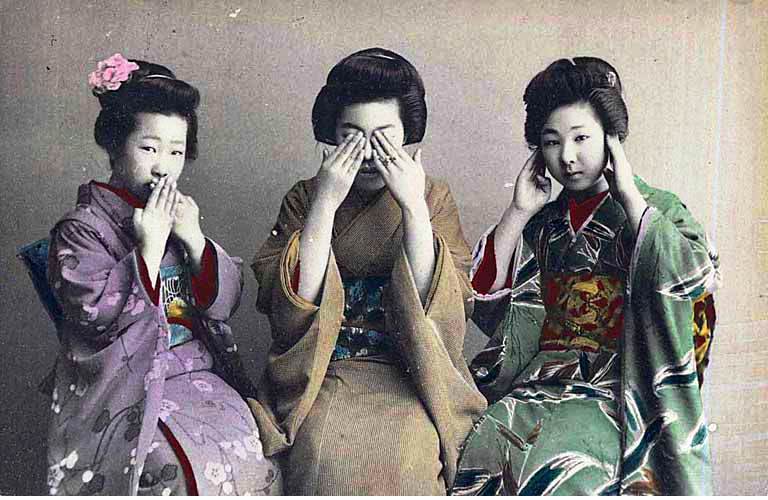
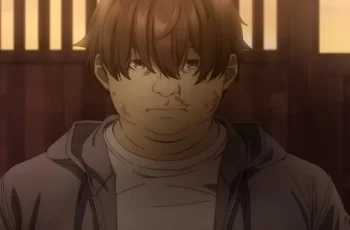
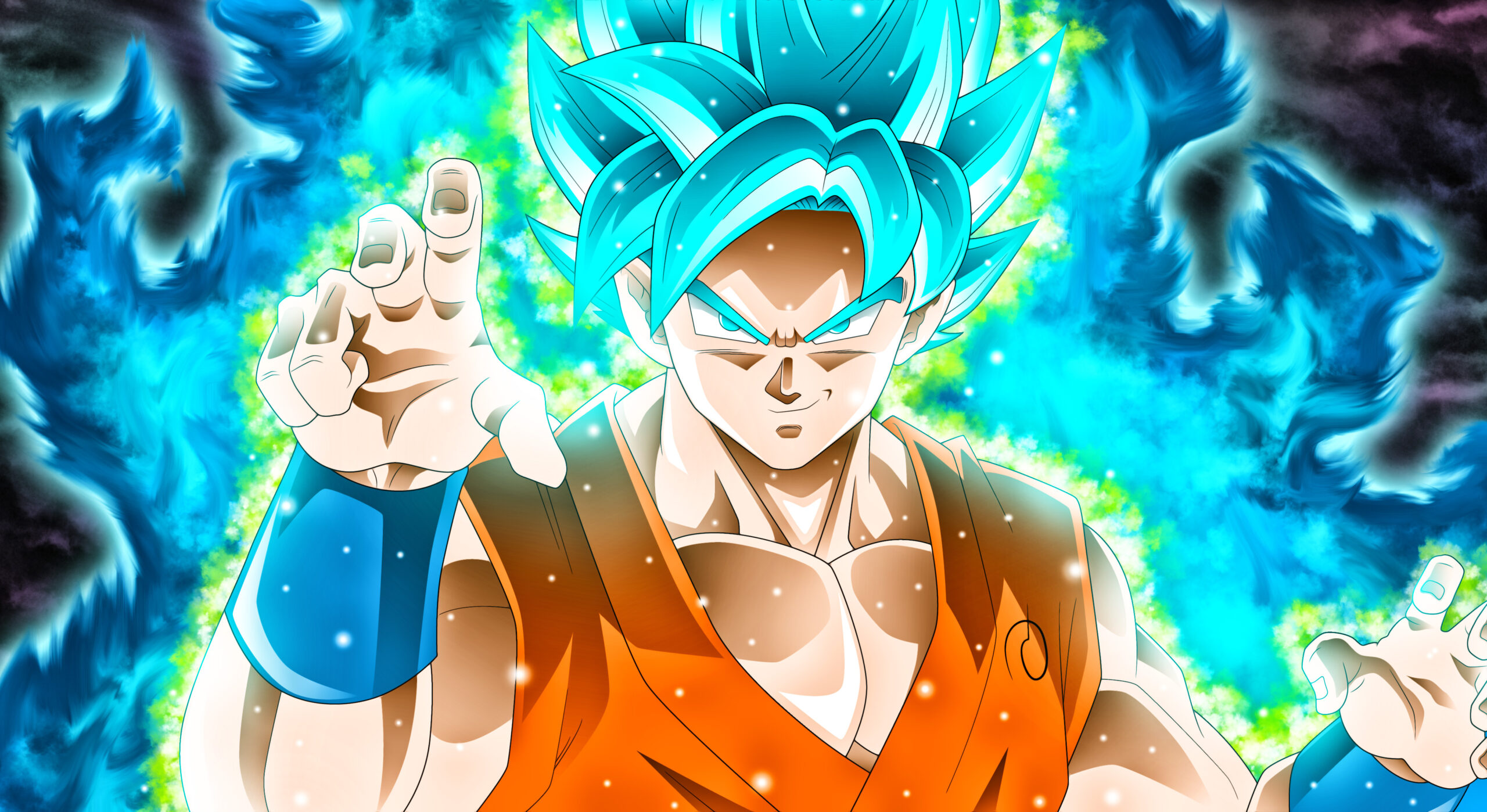
When I think about changing one’s mind, I like to believe that these happen more than what the media wants you to believe. But those stories tend not to be exciting at all.
I sometimes think we get way too caught up with stories. We want to be the heroes of our lives or wish someone was. Narratives are powerful and draining.
I admit that I’ve changed my mind on things quite a bunch over the years. Or maybe I double-downed on ideas I learned by myself without help from algorithms. Honestly, I think we don’t have good outlets on discussing emotional pain (which I think is a key thing that happens when the mind is being challenged) because we’re told to chin up and move forward without self-reflection.
I agree: media shows simple stories and messages. A changing mind is a sign of strength, yet often in media it is attacked as a weakness. You are right, the emotional pain of changing your mind, especially about core beliefs like spirituality, lacks a safe place for discussion. My own shift in Christianity was fraught, to phrase it mildly, and full of doubts. I moved away from an extreme, legalistic form of Christianity, but such a system writes itself on your bones. Even now, I still have inner debates over everything from tattoos (deemed sinful in the Bible because of their connections with other ancient-world religions and the idea of graffiti on the “living temple of God”) to what it means to be a good steward of the environment. Changing your mind never ends.
People also fear change because their subconscious may recognize this as a death, and something to be avoided. This is true if people who equate their beliefs with their very sense of self, their identity. I do not. For some reason, I’ve never equated my beliefs, whether religious, political, or even anime-viewing, with my actual identity. This allows me the freedom to explore and evolve. It’s not threatening because it’s not me: it’s my thoughts, which are an output of me. That’s how I see it anyway.
The ego does whatever it can to preserve itself. Rethinking can be a threat to it. More people need to do what you do, and separate your identity from your thoughts.